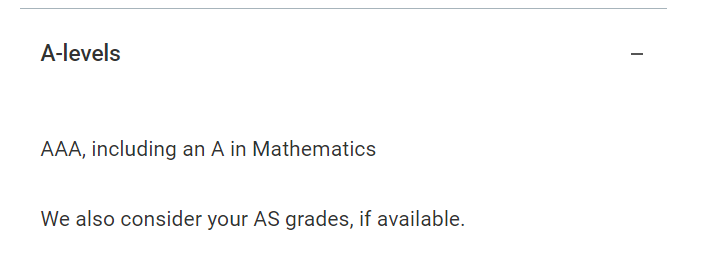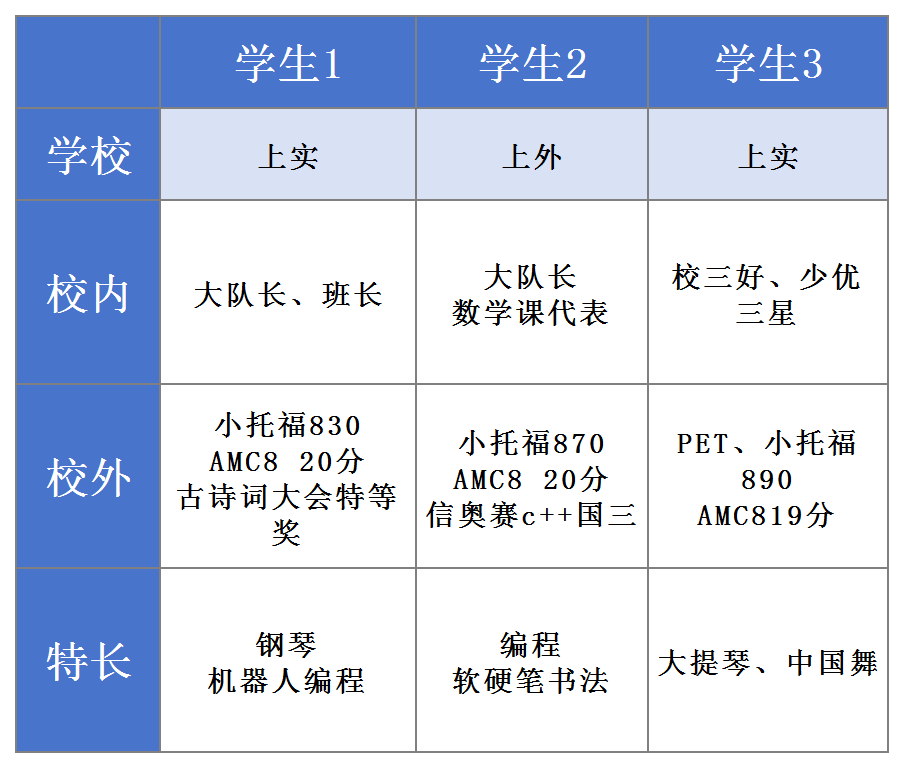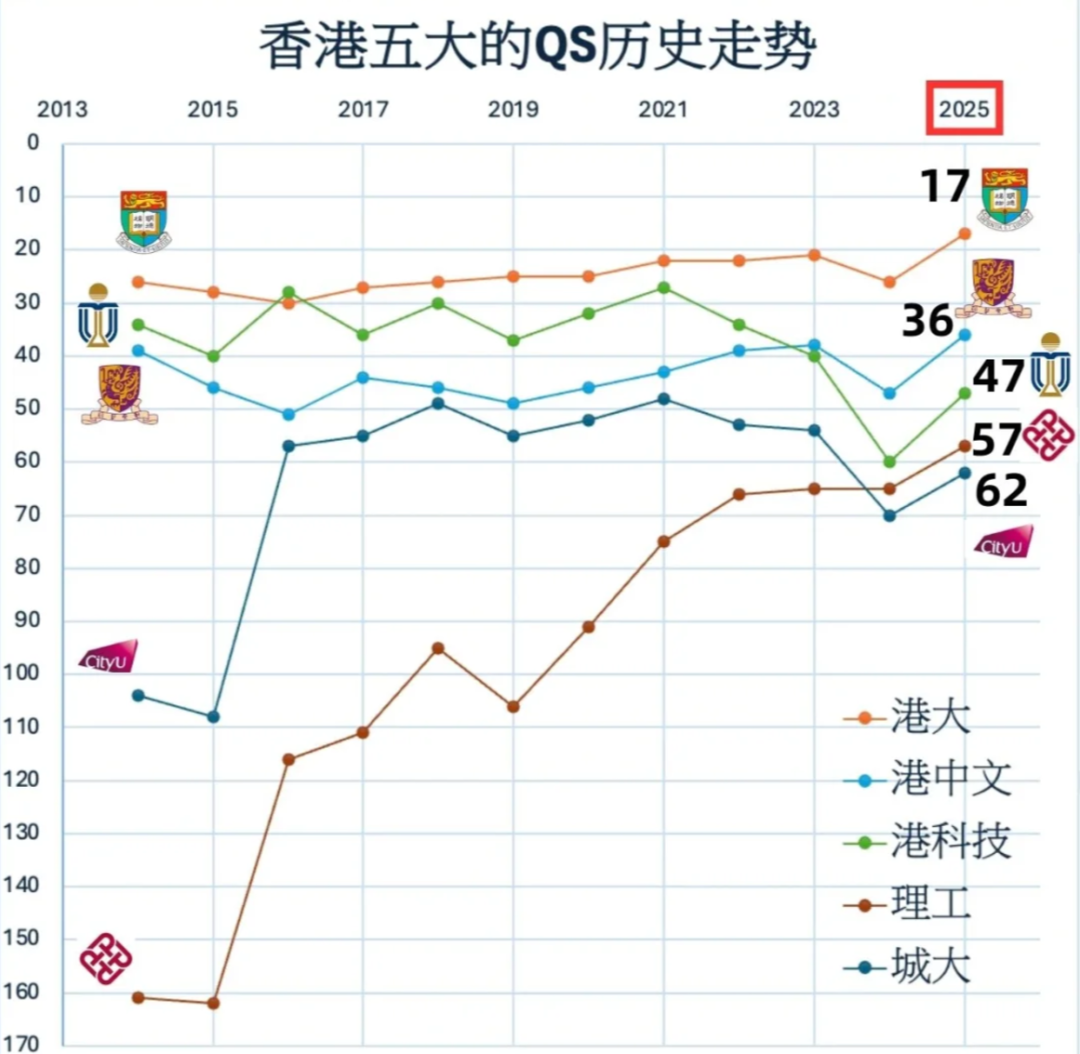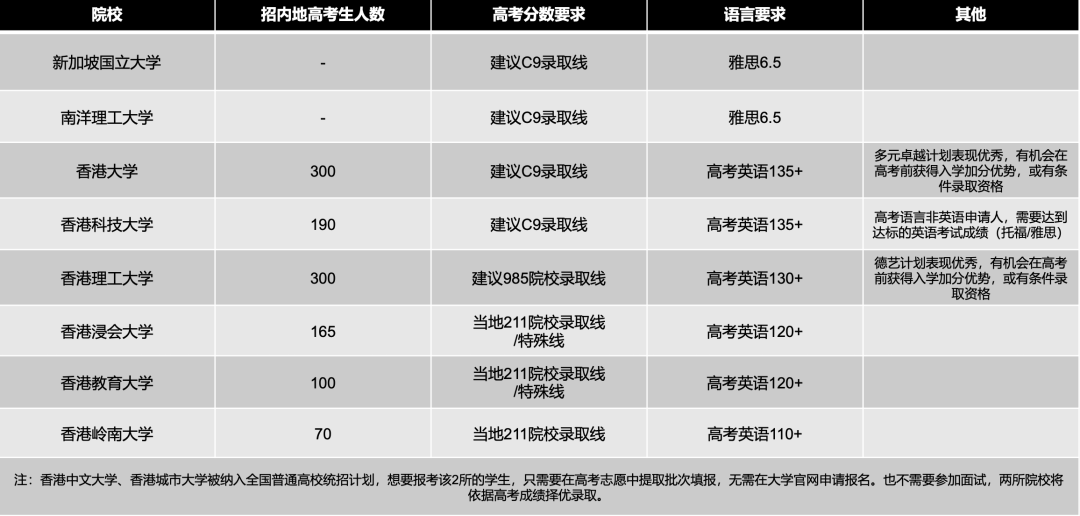
MIND UP | 失语症的产生和治疗什么是失语症?
*What is aphasia?*
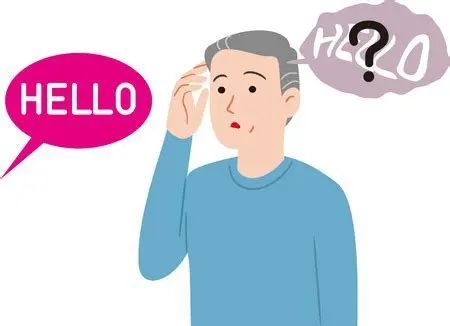
01、失语症有怎样的特征?
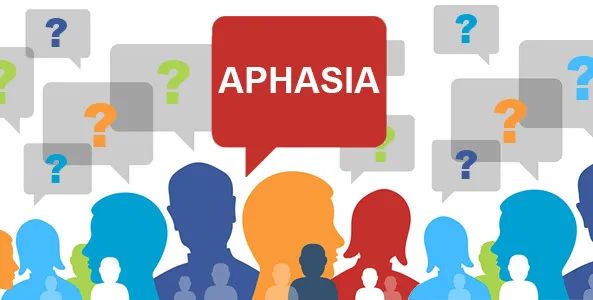
失语症aphasia源于古希腊语:a-(「无法」) + phásis (φάσις, 「说话」),指与语言功能有关的脑组织的病变。其患者对人类进行交际符号系统的认知、理解和表达能力受到损害。失语症不包括由于意识障碍和普通的智力减退造成的语言症状,也不包括听觉、视觉、书写、发音等感觉和运动器官损害引起的语言、阅读和书写障碍。
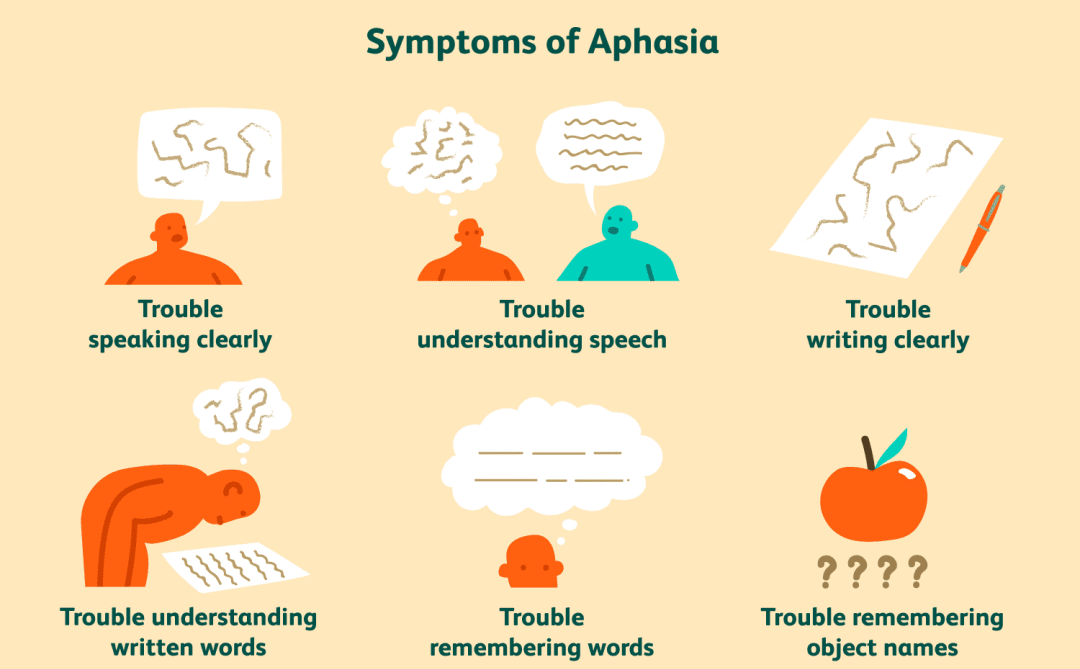
The word “Aphasia” originates from ancient Greek: a- ("inability") + phásis (φάσις, "to speak"), referring to lesions of the brain tissue associated with language function. Patients with aphasia have impaired ability to perceive, understand, and express the symbolic system by which humans engage in communication. Aphasia does not include language symptoms due to disorders of consciousness and ordinary mental retardation, nor does it include language, reading, and writing disorders caused by damage to sensory and motor organs such as hearing, vision, writing, and articulation.
02、为什么会得失语症?
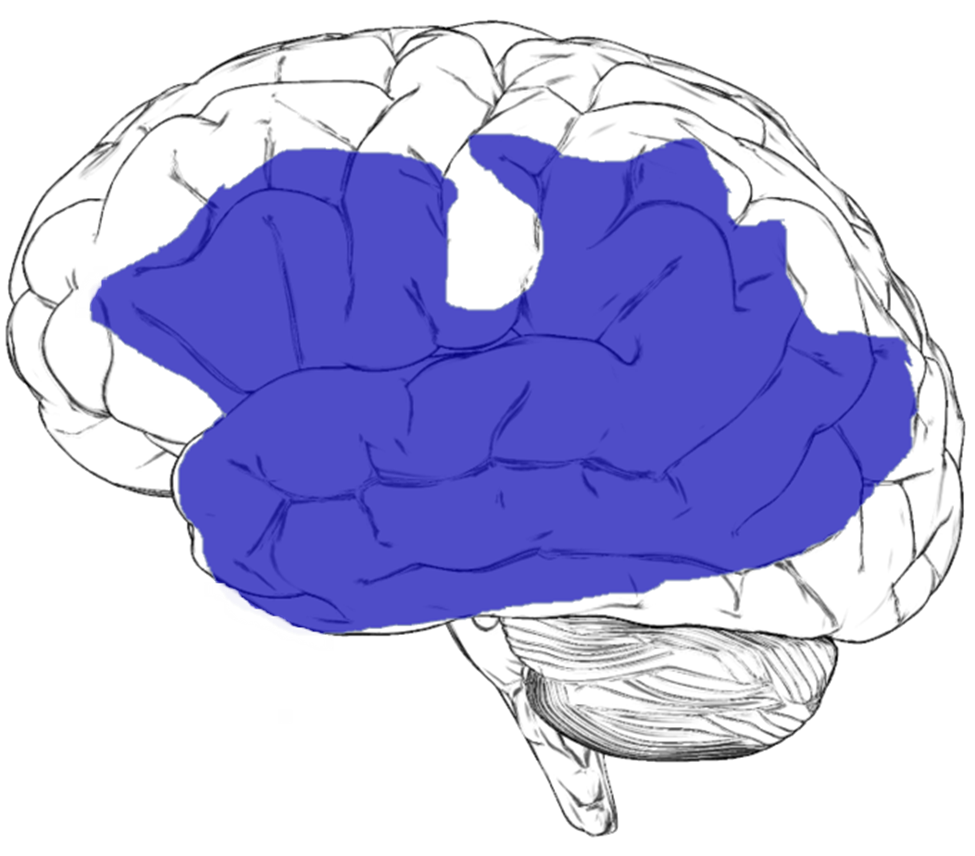
失语症产生于控制语言的脑区(左侧大脑半球中的大脑皮层外层和/或底层的白质)受到实质性损害或得病,中风是引发失语症的一大原因。但脑肿瘤,脑外伤,和进行性神经疾病(progressive neurological disorders)等,都可能会引发失语症。只有极少数患者由于右侧大脑半球受损而出现失语症的情况,根据研究,其原因可能是此类患者相较于一般人更依赖右半球的语言功能。某些慢性神经疾病,如癫痫或偏头痛,都可以当作暂时性失语症的前驱病状(prodromal)或偶发症状。 此外,失语症被也列为芬太尼贴剂(用于控制慢性疼痛的一种鸦片)的一种罕见副作用。
Aphasia arises from substantial damage to or disease of the brain areas that control language (the outer and/or underlying white matter of the cerebral cortex in the left hemisphere), and stroke is a major cause of aphasia. However, brain tumors, traumatic brain injury, and progressive neurological disorders can cause aphasia. Very few people develop aphasia as a result of damage to the right hemisphere of the brain, and according to research, this may be due to the fact that these patients rely more on the right hemisphere than the general population for language functions. Certain chronic neurological disorders, such as epilepsy or migraine headaches, can act as prodromal or episodic symptoms of temporary aphasia. Additionally, aphasia is also listed as a rare side effect of fentanyl patches (an opiate used to control chronic pain).
03、如何治疗失语症?

早期开始:研究表明,在脑损伤后尽快开始治疗是最有效的。以群体形式开展:在群体环境中,失语症患者可以通过参与者可以练习发起对话、轮流发言、自我解释和修复完全中断的对话等练习自己的沟通技巧。使用计算机辅助治疗:帮助重新学习动词和单词发音(音素)。
Starting therapy early is crucial, as research shows that beginning therapy as soon as possible after a brain injury is most effective. Group therapy settings allow people with aphasia to practice their communication skills by initiating conversations, taking turns, explaining themselves, and repairing completely broken conversations. Using computers to assist therapy aids in relearning verb and word sounds (phonemes).
正在研究中的一些药物可改善脑部血液流动、提高脑部恢复能力,或帮助替换脑部已耗尽化学物质(神经递质)。美金刚(Namenda)、多奈哌齐(Aricept、Adlarity)、加兰他敏(Razadyne ER)和吡拉西坦已在老师围研究中略有成效。
Several medications are being studied to improve blood flow to the brain, enhance brain recovery, or help replace depleted neurotransmitters. Memantine (Namenda), donepezil (Aricept, Adlarity), galantamine (Razadyne ER), and piracetam have shown marginal effectiveness in small studies.
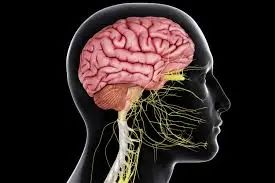
两种尚未进行长期研究的无创性脑刺激治疗方法:经颅磁力刺激和经颅直流电刺激,分别使用磁场和在头皮上放置电极并通过弱电流造成脑刺激来治疗失语症,这样的刺激可能有助于改善命名能力。
Two noninvasive brain stimulation treatments, transcranial magnetic stimulation and transcranial direct current stimulation, have not been studied over a long period of time. They treat aphasia using a magnetic field and by placing electrodes on the scalp to cause brain stimulation through a weak electric current, respectively. Such stimulation may help improve naming skills.





